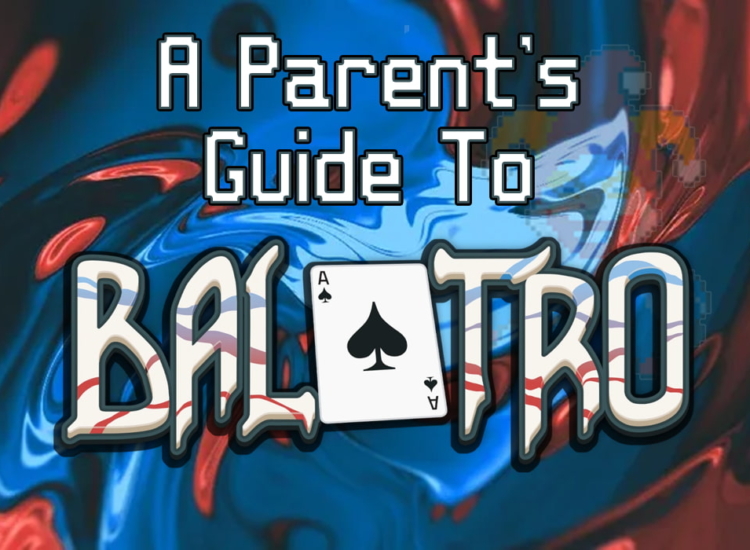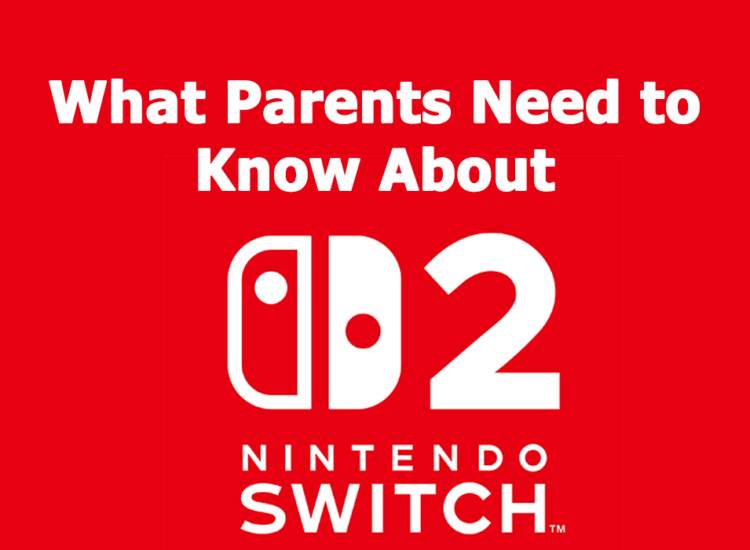Why Saying “Yes” to Video Games is Important

Parents and caregivers have an important role to play in ensuring that children are playing safely and enjoying appropriate media. But headlines about video games can sometimes suggest that the only important action is to lock down “risk” and minimize “danger.”
However, alongside safety, it’s also important to encourage children to be ambitious about the games they play. Enjoying a wide range of experiences and trying out new ways to play together is a lot of fun. It also creates an open context where mistakes can be talked about and learned from.
Scuffed knees or disagreements with other children are a normal part of public playgrounds. Children learn a lot from the process of playing, falling over, arguing, and making up. When parents play video games with children and apply appropriate settings, they can create a safe space in which children can learn similarly valuable skills for their digital future.
The ESRB ratings are great to help steer children from games with inappropriate content. But they are also a really good way to find other games to play. If your child asks to play Call of Duty (Mature 17+) or Grand Theft Auto (Mature 17+) and you don’t think they are old enough, use the ESRB website to search for recent games with a lower age rating for your system.
Saying “Yes” to video games in this way is a powerful tool.
Other resources, like the Family Video Game Database, offers a range of less restrictively rated suggestions in place of games that have been rated for a more mature audience. You can also find really good suggestions from other families about what their children play. This information is collated in the database in the form of lists, making it easy for parents to find games that are appropriate for their children. Maybe you want to Solve a Mystery, Find Calm, Help A Neighbor, or Build Resilience; video games can offer these often-overlooked benefits.
Saying “Yes” to video games in this way is a powerful tool. Not only is it a chance to direct the sorts of games your child plays, but it also builds understanding. A bit of research, along with playing together, can transform video games as something children do in bedrooms to a shared activity anchored in family life. Here are some ways families I work with have enjoyed video games:
Stories With Multiple Endings
Games tell stories, but unlike books or films, your interaction can change how they unfold or end. Here are some popular examples for families:
- 80 Days (Teen 13+)
- Omensight (Teen 13+)
- Outer Wilds (Everyone 10+)
Compete On the Couch
Games can be a great shared family time as you sit next to each other in the same room and compete to win:
- Videoball (Everyone)
- Tricky Towers (Everyone)
- Horizon Chase Turbo (Everyone)
Find Calm from the Storm
Games can offer some peace and tranquility with locations, music and interactions that calm the nerves and soothe the emotions:
- Animal Crossing: New Horizons (Everyone)
- Never Alone (Everyone)
- Sayonara Wild Hearts (Everyone 10+)

Andy Robertson
Andy Robertson is an ESRB Parent Ambassador and author of Taming Gaming* (to be released in January 2021), which includes a companion Family Video Games Database of searchable titles for every interest. He has worked for over 15 years, writing in national newspapers and broadcast outlets, helping parents and caregivers to understand and make informed choices about the games their children play. He is the editor of AskAboutGames.com.
*ESRB is a sponsor of Taming Gaming



